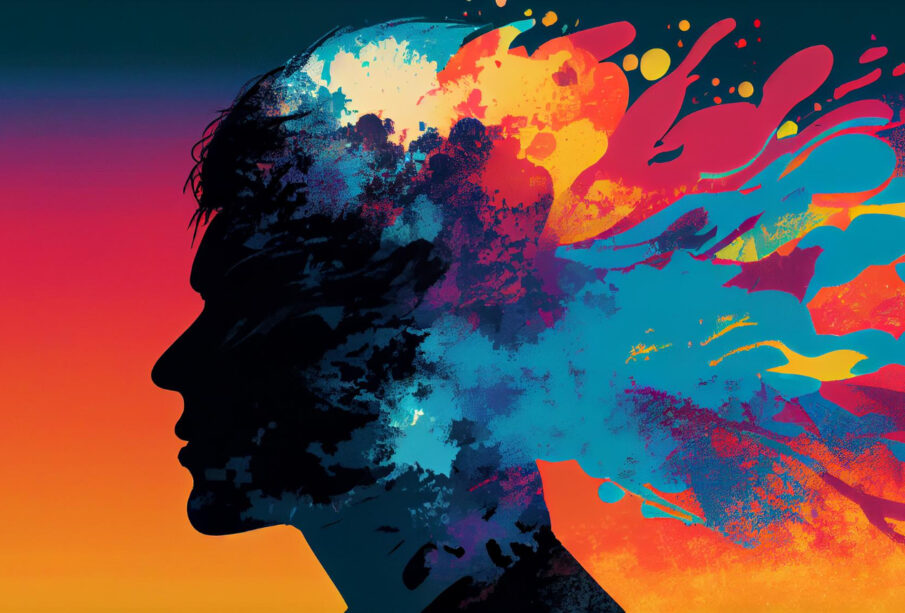The Psychedelic Renaissance: Exploring the Power of Education

In recent years, there has been a remarkable resurgence of interest in psychedelic substances for their potential to transform lives and revolutionize education. This phenomenon, known as the “psychedelic education Renaissance,” is challenging traditional notions of learning and paving the way for a new approach to education.
The Journey Within: Understanding Psychedelic Education
Psychedelic education, often referred to as “mind-expanding education,” involves the use of certain psychoactive substances in controlled and guided settings to enhance cognitive abilities, creativity, and emotional intelligence. The origins of this practice can be traced back centuries, where indigenous cultures incorporated these substances into their rituals and spiritual practices. In recent times, scientists and researchers have rediscovered their potential, leading to groundbreaking studies on their therapeutic benefits.
The Mind-Altering Effects and their Implications
Psychedelic substances, such as psilocybin (found in magic mushrooms) and LSD, have been found to induce altered states of consciousness. These altered states can result in profound experiences, including ego dissolution, increased interconnectedness, and a sense of transcending time and space. Such experiences have the potential to break down mental barriers and deeply ingrained thought patterns, opening the mind to new perspectives and insights.
Studies have shown that psychedelic-assisted therapy can be particularly beneficial for treating mental health conditions like depression, anxiety, and PTSD. The unique ability of these substances to facilitate introspection and emotional processing allows individuals to confront and heal from past traumas, leading to transformative personal growth.
Challenges and Controversies
While the potential of psychedelic education is promising, it also comes with challenges and controversies. The stigmatization and legal restrictions surrounding these substances have impeded scientific research and limited access to their benefits. Additionally, there are concerns about the misuse of psychedelics in recreational settings, emphasizing the importance of responsible and controlled use in therapeutic settings.
Furthermore, integrating psychedelic education into mainstream academic institutions poses challenges due to prevailing societal norms and skepticism about their efficacy. Overcoming these obstacles requires continued research, education, and open dialogue about the responsible use and potential benefits of these substances.

A Glimpse into the Future of Education
As the Psychedelic Renaissance gains momentum, its impact on education is becoming increasingly evident. More alternative educational programs are incorporating elements of psychedelic education to promote creativity, critical thinking, and emotional well-being. The emphasis on holistic learning and the recognition of the mind-body connection are transforming the way we approach education.
The future holds the promise of a more compassionate and empathetic society, where individuals are equipped with the tools to navigate challenges with resilience and introspection. The integration of psychedelic education into traditional curricula can foster a generation of open-minded, self-aware, and socially conscious individuals who are better prepared to tackle global issues.
Conclusion
The Psychedelic Renaissance represents a paradigm shift in education and human consciousness. By exploring the power of psychedelic education education, we are unlocking new possibilities for personal growth, healing, and societal transformation. As we move forward, it is essential to balance curiosity with responsibility, ensuring that research, education, and policy align to harness the full potential of these mind-expanding substances.










